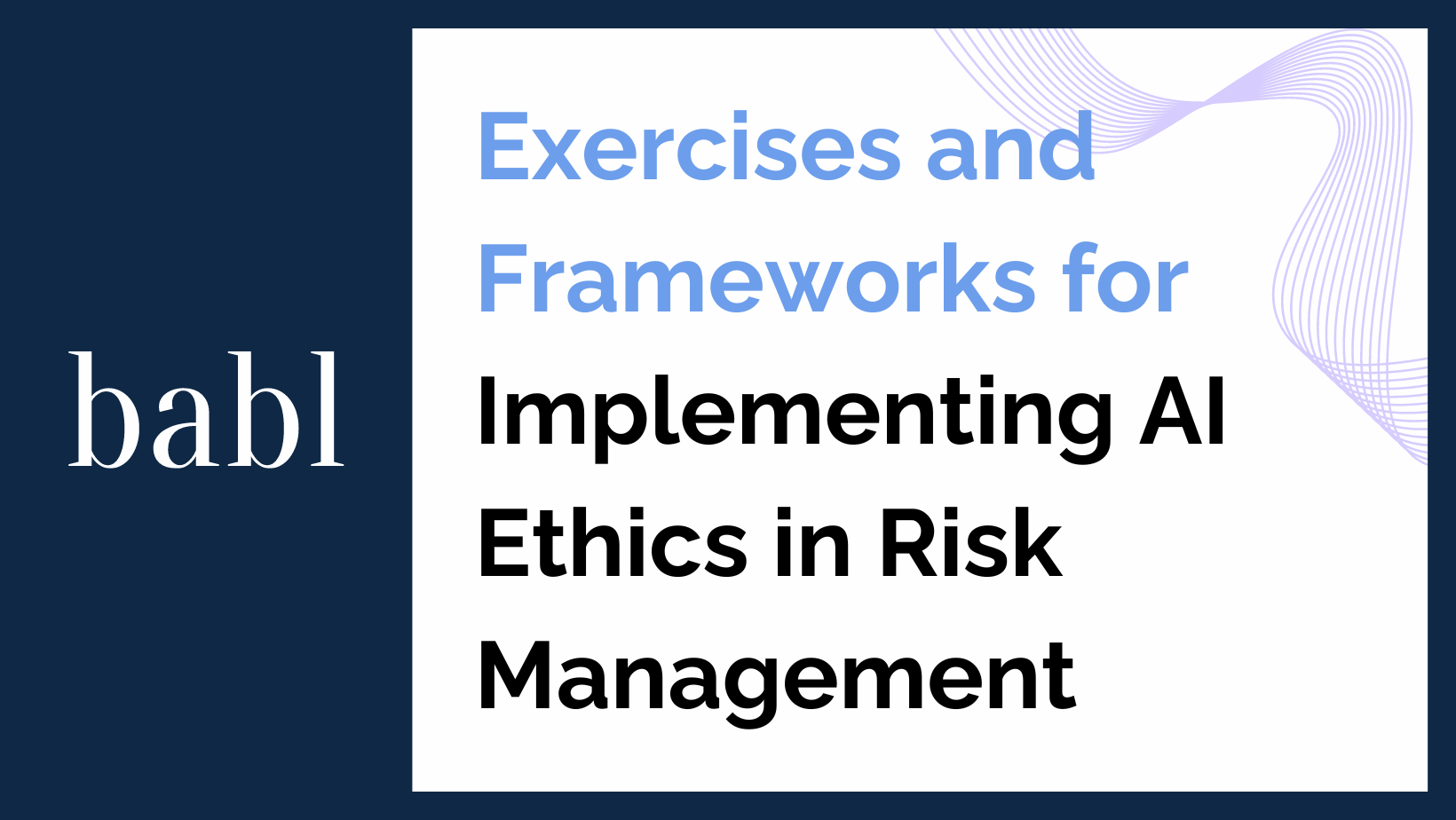Implementing AI ethics in risk management requires more than policy—it takes structured exercises and clear frameworks. Exercises help participants practice applying ethical standards to AI systems. They also build the skills needed to audit and assess risks in real-world settings.
By engaging in these practical scenarios, individuals sharpen their ability to spot ethical issues and recommend solutions. Moreover, they gain confidence in evaluating AI technologies, ensuring that systems are deployed responsibly.
Why Exercises Matter
Exercises push participants to explore specific frameworks and controls in depth. They simulate challenges organizations face when deploying AI. As a result, individuals can apply theory to practice and learn how to mitigate risks.
Through repeated practice, participants build expertise in ethical auditing. Consequently, they become better prepared to identify potential harms and strengthen safeguards.
The Role of Frameworks
Frameworks guide the ethical use of AI in risk management. They provide standards and benchmarks that organizations can follow. In addition, they ensure that ethical considerations remain central throughout development and deployment.
When combined with targeted exercises, frameworks create a roadmap for auditing AI. Therefore, organizations gain both structure and accountability.
Preparing Auditors for Real-World Impact
Exercises built around specific frameworks help auditors assess an organization’s ethical readiness. For example, they allow individuals to evaluate transparency controls or fairness measures. In doing so, auditors provide organizations with insights that protect both people and systems.
The Big Reasons Behind AI Risk Management
There are three major reasons to practice AI risk management. First, it supports compliance with evolving regulations across jurisdictions. Second, it strengthens stakeholder confidence. Transparency, accountability, and responsible use of AI inspire trust among customers, investors, and partners. Finally, risk management protects reputation. In today’s environment, AI-related missteps can spread rapidly and cause lasting harm.
Conclusion
Exercises and frameworks are vital to ethical AI risk management. Therefore, through practice and adherence to established standards, organizations can deploy AI responsibly. This approach builds resilience, safeguards reputation, and ensures trust.
Need Help?
If you want to have a competitive edge, don’t hesitate to reach out to BABL AI. Hence, their team of Audit Experts can provide valuable insights on implementing AI.





